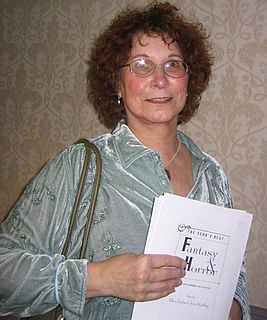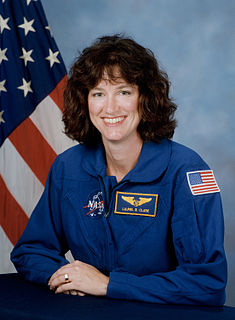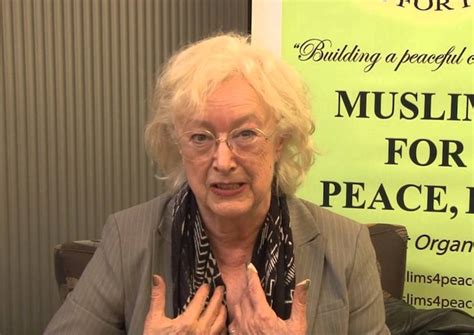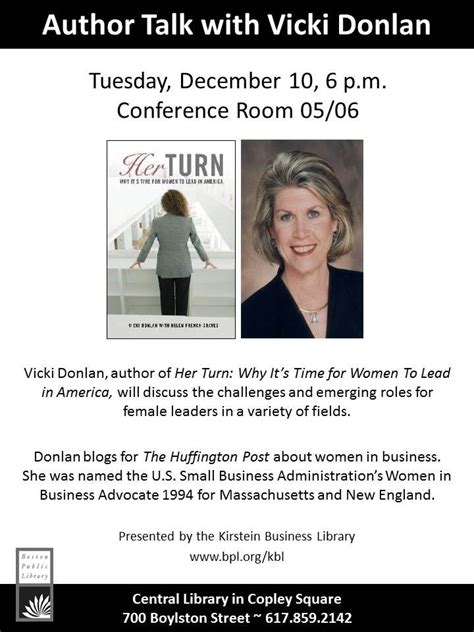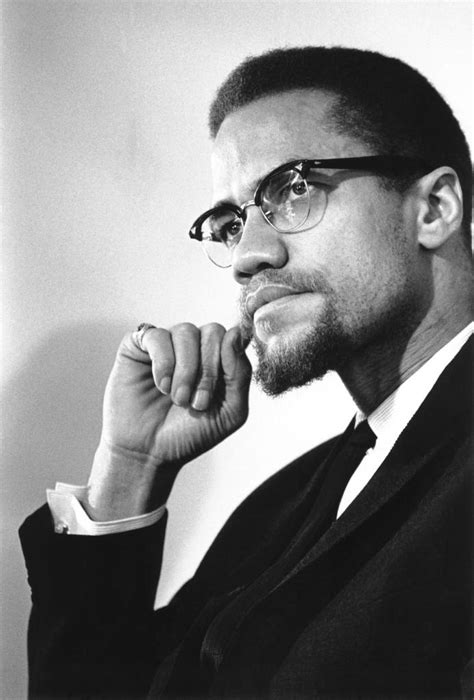A Quote by Jenny Zhang
With nonfiction, I had to learn how to be a clear communicator, but it was also a relief to be able to articulate some of my political ideas and beliefs. I also try to do that in my fiction, but I'm more interested in asking questions that lead to more questions, mysteries that lead to more mysteries, rather than immediate answers and solutions.
Related Quotes
I just would like to say that over more than a quarter-century as a scientist and a believer, I find absolutely nothing in conflict between agreeing with Richard [Dawkins] in practically all of his conclusions about the natural world, and also saying that I am still able to accept and embrace the possibility that there are answers that science isn't able to provide about the natural world - the questions about why instead of the questions about how. I'm interested in the whys.
Most people believe that great leaders are distinguished by their ability to give compelling answers. This profound book shatters that assumption, showing that the more vital skill is asking the right questions…. Berger poses many fascinating questions, including this one: What if companies had mission questions rather than mission statements? This is a book everyone ought to read—without question.
In short, there are mysteries of science and of soul that will never be understood no matter how hard we measure, no matter how strongly we believe, no matter how deep our think tanks and how high our aspirations. But as anyone will tell you—for we all know this within our hearts—the impossible happens and grand cosmic mysteries are solved on a regular basis, although most of the time the solutions lead to even greater mysteries.
It's not that I believe women are more ethical. I will say that one of women's greatest weaknesses is probably our greatest strength. We are incredibly hard on each other. We ask all the questions. Men are more easygoing. If you've ever been in a group of women, you'll recognize this: Nobody gives one woman the opportunity to lead the way without asking a whole lot of questions.
Curiosity is a key building block. The more curious you are, the more creativity you will unleash. A great way to do that is to ask the three "magic questions" again and again... those questions are simply, "Why", "What if?", and "Why not?". Asking these questions constantly focused you on the possibilities and away from how things are at the moment.


